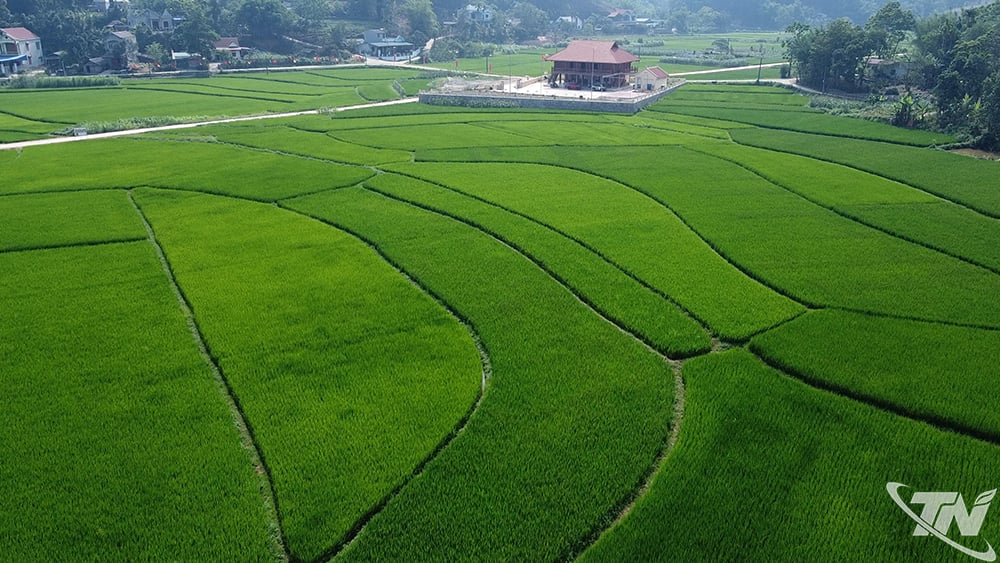 |
| Field applying smart rice farming model - alternate wetting and drying (AWD) in Hop Thanh commune. |
One of the pioneering directions of Thai Nguyen is to convert the crop structure towards organic, high-tech, increasing value instead of chasing output.
At Hao Dat Tea Cooperative (Tan Cuong commune), although it has a raw material area of over 10 hectares with more than 50 associated households, the current production scale still does not meet the demand for synchronous organic farming. Intensive farming without continuity makes the care process inconsistent, making it difficult to control quality.
To overcome this, the Cooperative has innovated tea varieties, applied digitalization to care management, implemented smart, modern farming, saved costs and increased product quality.
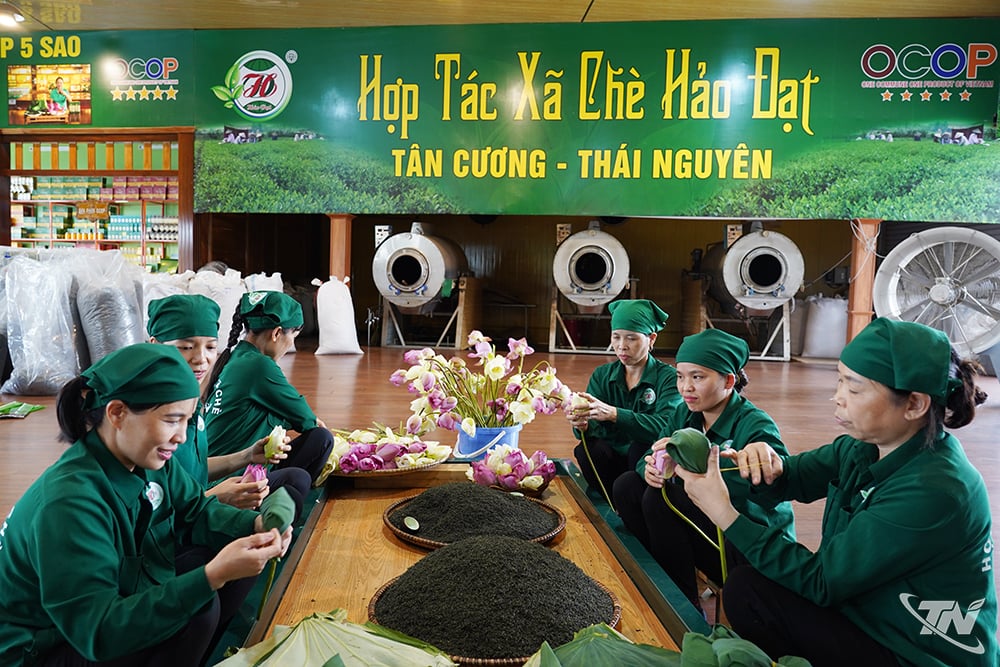 |
| Processing lotus tea at Hao Dat Tea Cooperative. |
Ms. Dao Thanh Hao, Director of Hao Dat Tea Cooperative, said: We innovated the seed structure, applied digitalization to operations, thereby increasing productivity, saving labor, optimizing costs, and improving product quality to increase competitiveness. Our clearest proof is the digital transformation process, implementing modern farming to best care for tea trees.
Identifying tea as a key crop, playing a key role in the agricultural economic structure, the Party Executive Committee of Thai Nguyen province issued Resolution No. 11-NQ/TU to develop the tea industry in a modern and sustainable direction.
The Resolution sets out a number of specific targets by 2030, including: 70% of tea area meeting VietGAP and organic standards; expanding tea area to 24,500 hectares, fresh tea bud output to 300,000 tons; 100% of tea production and processing facilities applying digital technology ; developing 5-star OCOP tea products, linking production development with tea-region experience tourism.
To do this, localities in the province have actively converted new high-quality tea varieties and applied advanced technical processes to production. The province mobilized resources to support people in renovating tea gardens, investing in processing machinery and equipment, and building raw material areas associated with cooperatives and enterprises. Trade promotion activities and building the Thai Nguyen tea brand have been implemented synchronously.
To date, the province has more than 24,000 hectares of tea, of which nearly 83% of the area has been planted with new high-quality varieties. Fresh tea bud output reached 272,800 tons. The total value of the tea industry is estimated at more than 14,800 billion VND. Hundreds of tea products from the province meet OCOP standards from 3 to 5 stars, expanding the market to many countries.
Along with tea, the province focuses on developing key fruit trees such as custard apple, longan, and grapefruit. With more than 14,000 hectares of fruit trees, Thai Nguyen is promoting crop spreading, applying irrigation technology, fruit wrapping, and additional pollination. In 2024, the whole province will plant 510 hectares of new fruit trees (200 hectares of custard apple, 150 hectares of grapefruit, 160 hectares of longan). In particular, the Vo Nhai custard apple area has over 151 hectares certified by VietGAP, with an output of 6,000 tons/year and a revenue of nearly 80 billion VND.
Intensive farming models, spreading crops, and digitalizing care processes help custard apple prices exceed 66,000 VND/kg, many households earn high incomes thanks to custard apple trees. The "digital custard apple garden" model in Vo Nhai commune is being piloted under Plan 211 of the Thai Nguyen Provincial People's Committee.
The Provincial Agricultural Extension Center has coordinated to monitor, provide technical guidance, record production, and is expected to harvest in August 2025 with a yield of 14-17 kg/tree. This is the foundation for expanding the application of digital transformation in agricultural production.
The "digital custard apple garden" model in Vo Nhai commune is being piloted under Plan 211 of the Thai Nguyen Provincial People's Committee. The Provincial Agricultural Extension Center has coordinated to monitor, provide technical guidance, and record production. It is expected to be harvested in August 2025 with a yield of 14-17 kg/tree. This is the foundation for expanding the application of digital transformation in agricultural production.
Regarding rice, the whole province currently has over 60% of the rice area being high-quality varieties, such as: J02, TBR225... The agricultural sector is promoting green, organic farming, aiming for carbon credits. In 2025, the province strives to achieve food output of over 625 thousand tons, of which rice will reach over 493 thousand tons.
Mr. Nguyen Dinh Thong, Deputy Director of the Thai Nguyen Provincial Agricultural Extension Center, said: The application of science and technology such as biological products, drip irrigation, and digitalization of care processes is fundamentally changing the way of farming. We focus on effective models that can be quickly replicated, especially in the production of fruit trees such as custard apple, grapefruit, and longan.
Ms. Hoang Thi Kim Oanh, Head of the Provincial Inland Plant Quarantine Station: The industry is guiding farmers to convert to organic farming, reduce chemical fertilizers, and move towards green agriculture that is responsible for the environment.
The drastic steps taken by the government, combined with the determination of the people and the support of scientists, are helping Thai Nguyen agriculture to transform strongly. Innovation in the farming structure not only brings economic value, but also creates a foundation for the province's agriculture to develop green, smart, efficient and sustainable in the coming time.
Source: https://baothainguyen.vn/kinh-te/202507/doi-moi-trong-san-xuat-nong-nghiep-a8022d4/



![[Photo] Parade to celebrate the 50th anniversary of Laos' National Day](/_next/image?url=https%3A%2F%2Fvphoto.vietnam.vn%2Fthumb%2F1200x675%2Fvietnam%2Fresource%2FIMAGE%2F2025%2F12%2F02%2F1764691918289_ndo_br_0-jpg.webp&w=3840&q=75)
![[Photo] Worshiping the Tuyet Son statue - a nearly 400-year-old treasure at Keo Pagoda](/_next/image?url=https%3A%2F%2Fvphoto.vietnam.vn%2Fthumb%2F1200x675%2Fvietnam%2Fresource%2FIMAGE%2F2025%2F12%2F02%2F1764679323086_ndo_br_tempimageomw0hi-4884-jpg.webp&w=3840&q=75)



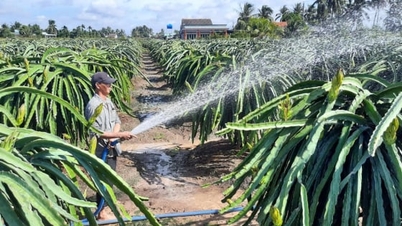

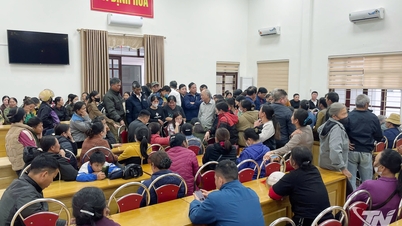
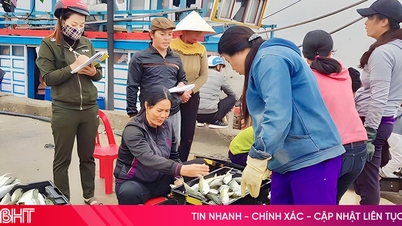

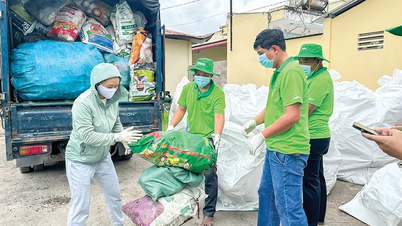

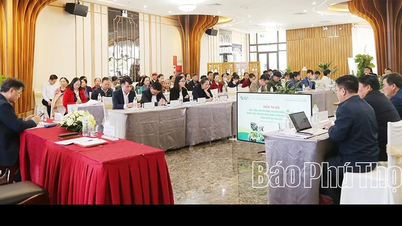

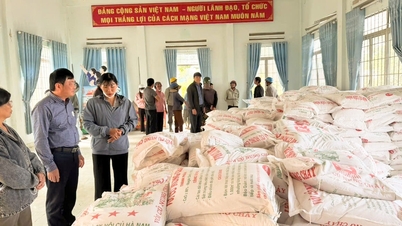

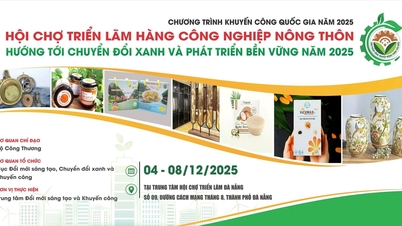

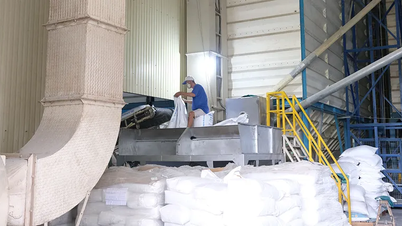
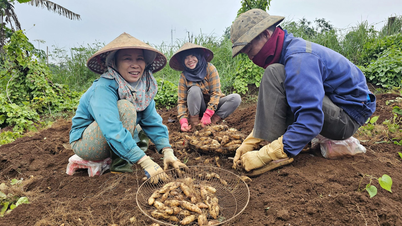

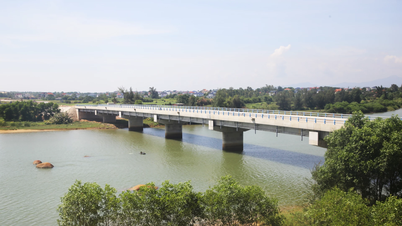
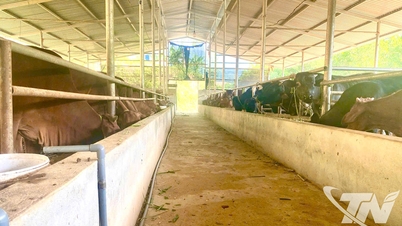
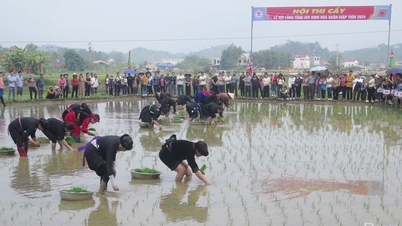




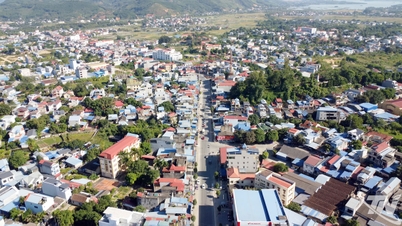
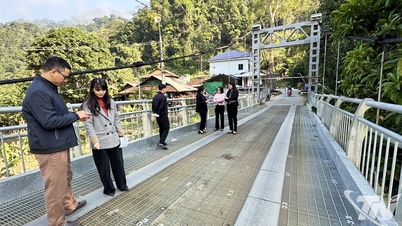
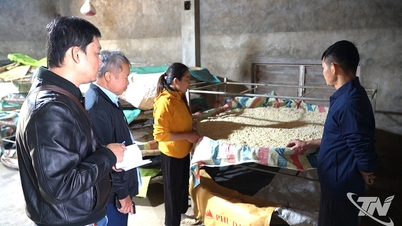
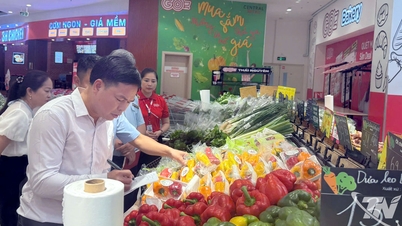
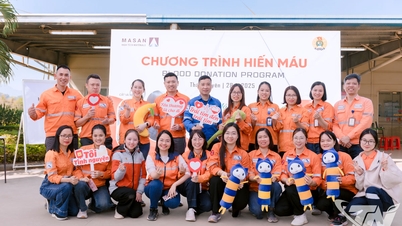
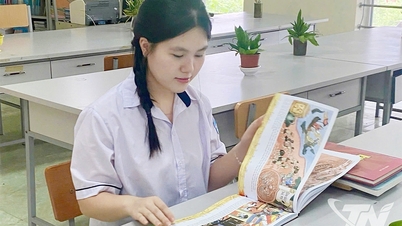
![[Video] Protecting World Heritage from Extreme Climate Change](https://vphoto.vietnam.vn/thumb/402x226/vietnam/resource/IMAGE/2025/12/03/1764721929017_dung00-57-35-42982still012-jpg.webp)

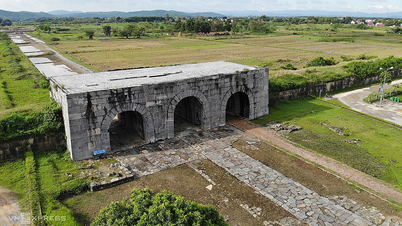










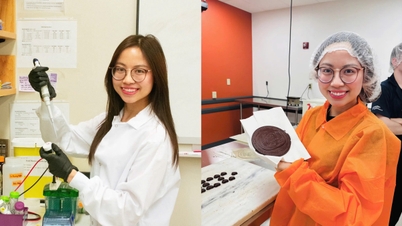











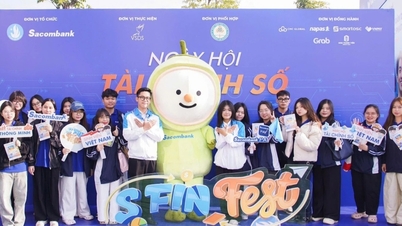













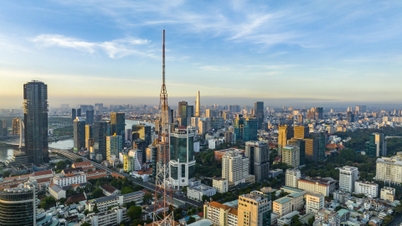




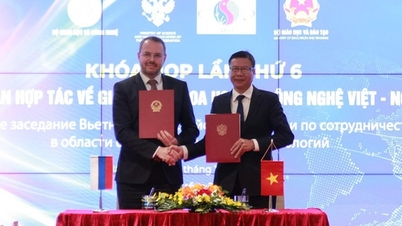



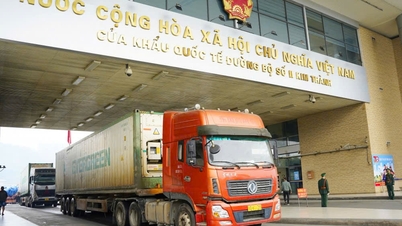



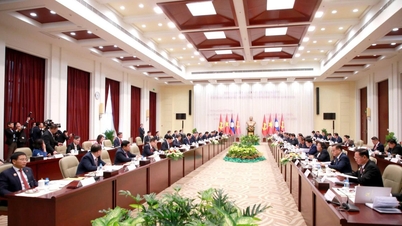

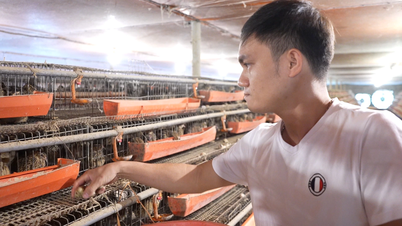

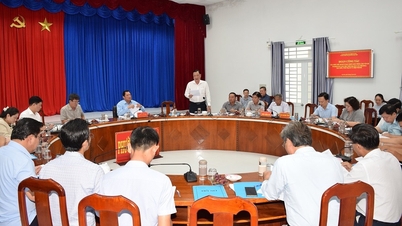
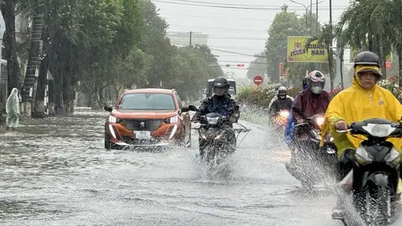









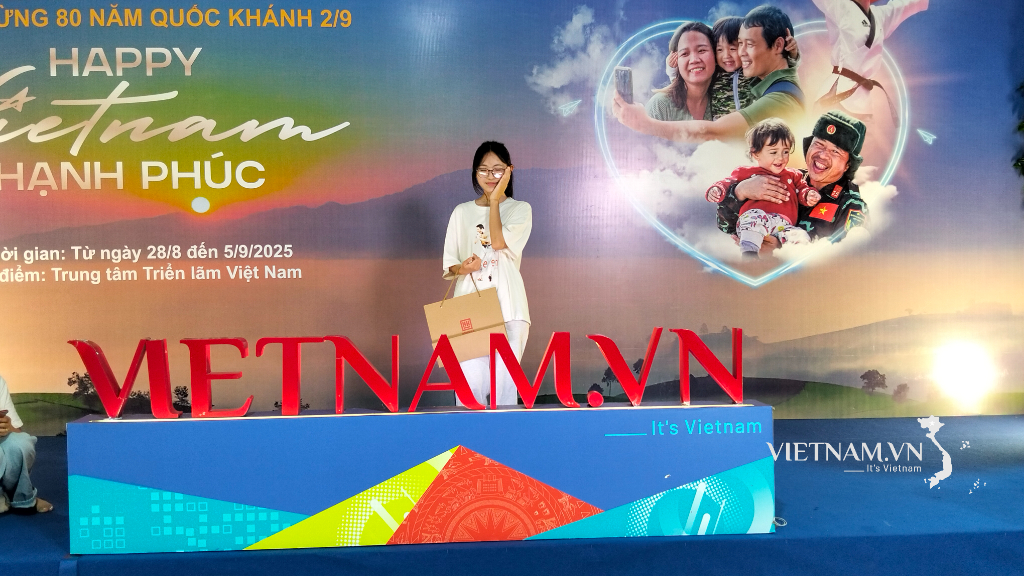
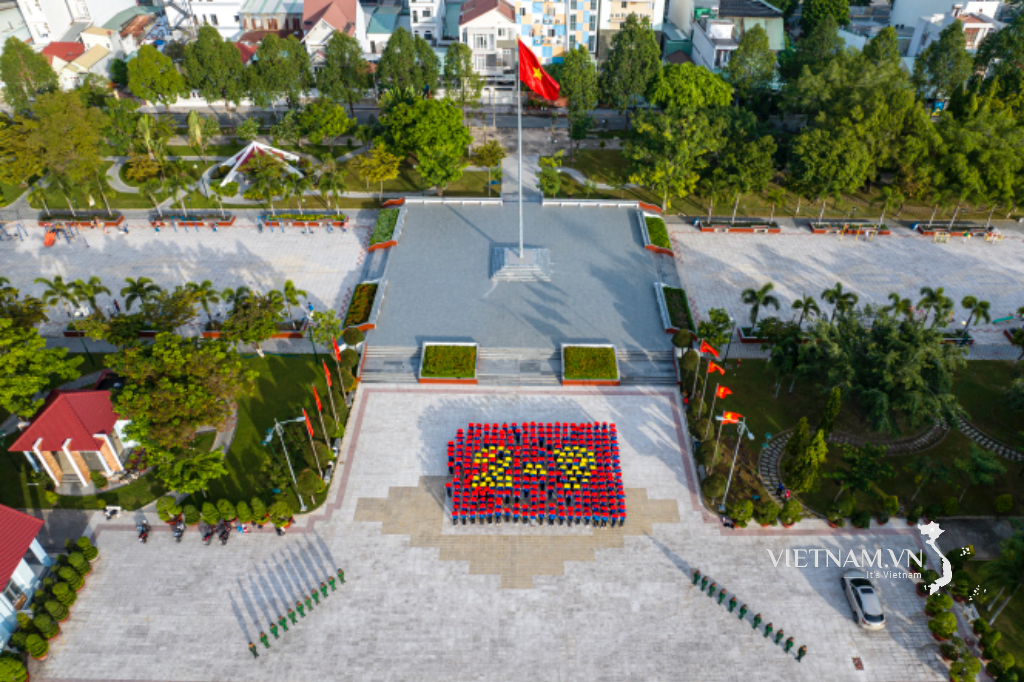

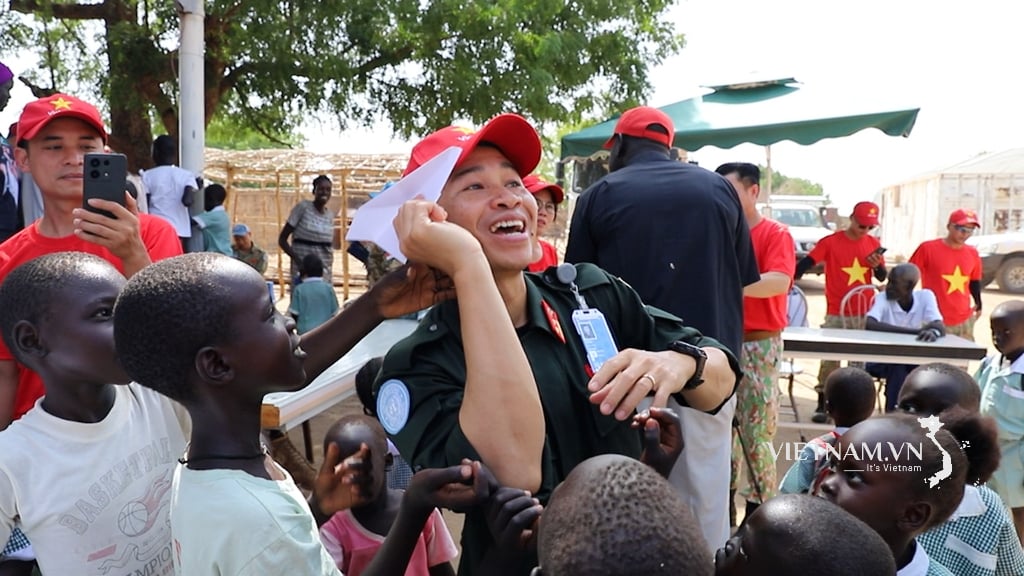
Comment (0)